As your government teacher drones on about the vice president’s duties, you scroll through TikTok. Different videos flash before your eyes – a cat getting a bag stuck on its head, a woman sharing her morning skincare routine, a student pulling a prank on his classmates, a bar of soap being cut into tiny pieces while Subway Surfers plays on the lower half of the screen, a content creator saying TikTok will be banned—
Wait, what?
A ban on TikTok passed in the House of Representatives on Saturday and passed in the Senate on Wednesday, giving TikTok’s parent company, ByteDance, up to one year to sell TikTok to a new company, according to the Associated Press. This decision was passed on Saturday as part of a critical foreign aid package to Israel and Ukraine, which fast-tracked an earlier standalone bill passed by the House in March, which had been stalled in the Senate.
This bill rose in the wake of national security concerns regarding ByteDance, a Chinese technology firm, which legislators feared could turn over data from TikTok users to the Chinese government, according to Bloomberg. The original bill (in March) gave ByteDance a six-month selling deadline. Saturday’s bill gives ByteDance nine months, with an extra three if a sale is in progress by then.
The majority of TikTok’s users (almost 170 million) come from the U.S. The ban poses a threat in that, if TikTok does not find a new buyer by the end of the nine-month deadline, it will lose that 170 million, which makes up almost three quarters of its audience.
And, in 2023, 43% of those 170 million said they rely on TikTok for their news, according to CBS News. So, without TikTok, that leaves a great portion of Americans without a news source.
Many students at the school who actively use TikTok voiced distaste for the ban and wanted the app to stay available to them.
Freshman Addy Underwood, who uses TikTok “daily,” said she does not normally look at news on TikTok, and most posts about the news on her feed are “unintentional,” she said.
“They just pop up sometimes,” she said.
TikTok relies on algorithms to recommend users different videos, according to NiemanLab, a site dedicated to helping news organizations convert to online websites from paper, so it is possible for the app to steer people away from news-related posts, increasing the chance of exposing viewers to news by accident. Because of this, NiemanLab described the app as a “news wasteland.” Its limited news videos are run by bots, and those bots often recommended videos that seem like news (such as “scary 911 calls”) but aren’t news.
“I like that TikTok has many different uses — entertainment, news, other education,” junior Khadija Safdar said. “The issue is that if people rely on TikTok for their news and facts, they’re bound to get a lot of inaccurate information.”
The reasoning behind this ban is because of ByteDance’s ties to the Chinese government and potential ties with the Chinese Communist Party which, according to the South China Morning Post, is the power center that controls every government department, military force, court and parliamentary meeting. Through TikTok, ByteDance (and the Chinese Communist Party, by extension) could be taking data from U.S. users’ posts and algorithms could be warping the news and videos U.S. users watch to lean in China’s favor.
However, a benefit of TikTok is it makes news more accessible and easier to consume, especially in the short video format the platform is known for.
Social studies teacher Jeremey Fulk said something like TikTok allows access to more consumable media, partially because you don’t have owners that try to control what goes in and out of their company, such as William Randolph Hearst – who owned and held authority over almost 30 major newspapers in the 1930s, and relied on exaggeration and speculation, or “yellow journalism,” to make a profit – and Keith Rupert Murdoch, the owner of Fox News who is often attributed with discrediting newspapers.
“Something like TikTok provides an avenue to more democratized media, because you don’t have Hearst controlling it, you don’t have Murdoch controlling it, you don’t have Musk being weird, you don’t have Zuckerberg,” Fulk said. “And it’s like these guys, some of them are trying to do good faith efforts to protect and filter, and I respect that, but there’s also the danger that when you start making laws against media, you are controlling the media.”
Fulk thinks an outright ban on TikTok “probably isn’t a good idea” and runs counter to the spirit of the First Amendment. He said legislators’ fears are overblown, and he thinks TikTok isn’t doing anything different than what other social media sites, such as Facebook and Twitter, aren’t also doing.
“I think it’s just an opportunity for them to be like, ‘We’re tough on China.’ Now, if it’s an actual vehicle for spyware, maybe. But is it? Or is it just a convenient target, because it’s a nominally Chinese company? Is it that we’re actually kind of afraid of the democratization of media, that we can’t control it because it’s an outside company?”
Fulk also said this threat to ban TikTok is likely a result of the social media situation over the COVID-19 lockdown.
“Part of what happened during COVID, I think, was that it was a ‘runaway social media’ situation,” he said. “Because for a lot of kids, my daughter included, that was their only contact with the world for quite a long time.”
Another argument behind the ban on TikTok is emphasis on online safety, especially regarding minors, who make up the largest demographic that uses TikTok. In March, according to NBC 6 South Florida, Florida Gov. Ron DeSantis signed a bill that seeks to prevent children under the age of 16 from opening social media accounts on a few select platforms (TikTok being one of them), but would allow parents to give consent for 14- and 15-year-olds to have accounts. Children under 14 are not allowed to open any accounts.
“The Florida law is kind of weird because, in one sense, you have this massive movement in Florida where parents are the be-all and end-all, first and last authority on what their children should and shouldn’t be exposed to,” Fulk said. “But then, at the same time, in the same breath, you have the government banning TikTok for kids under 14. So which is it, Florida? Is the parent in charge?”
Fulk said there are positive aspects to TikTok, though.
“TikTok blew up during the pandemic because, one, it was relatively new and, two, a lot of creative content came out of it. And I think that’s great about it,” he said.
Freshman Tyler Crawford said she was not surprised to hear a ban on the platform had been passed by the House.
“Most parents don’t like it,” she said. “It was going to happen at some point.”
Safdar said she also wasn’t surprised about the ban, as this action had been threatened before in 2020, but was blocked by federal courts.
“I wasn’t disappointed, either, because I know TikTok is a huge distraction in my life,” she said.
Safdar holds this opinion because TikTok, she said, only acts as a distraction from her work and responsibilities. She said if she did not have TikTok, she would have more time to focus on her work.
“When I indulge myself into TikTok, I only end up procrastinating and wasting my time,” she said. “It takes no brainpower to scroll, so I can spend up to an hour scrolling depending on how many things I have to do. I know it’s not what I should be doing. It’s nice that TikTok serves as a break from productivity, but it’s only good in increments.”
Fulk said the ban was nothing new.
“We’ve had this conversation before,” he said. “We’ve been having this for years. There’s always a new technology, there’s always some kind of scare out there and it’s always old people who try to control it, which I find hilarious because the people that are making these decisions are my parents’ age and my parents can’t control nothing.”
Fulk said this situation would be no better if TikTok existed 50 years ago and older generations had access to it.
“The only reason they didn’t have a problem with TikTok is because it didn’t exist,” he said.
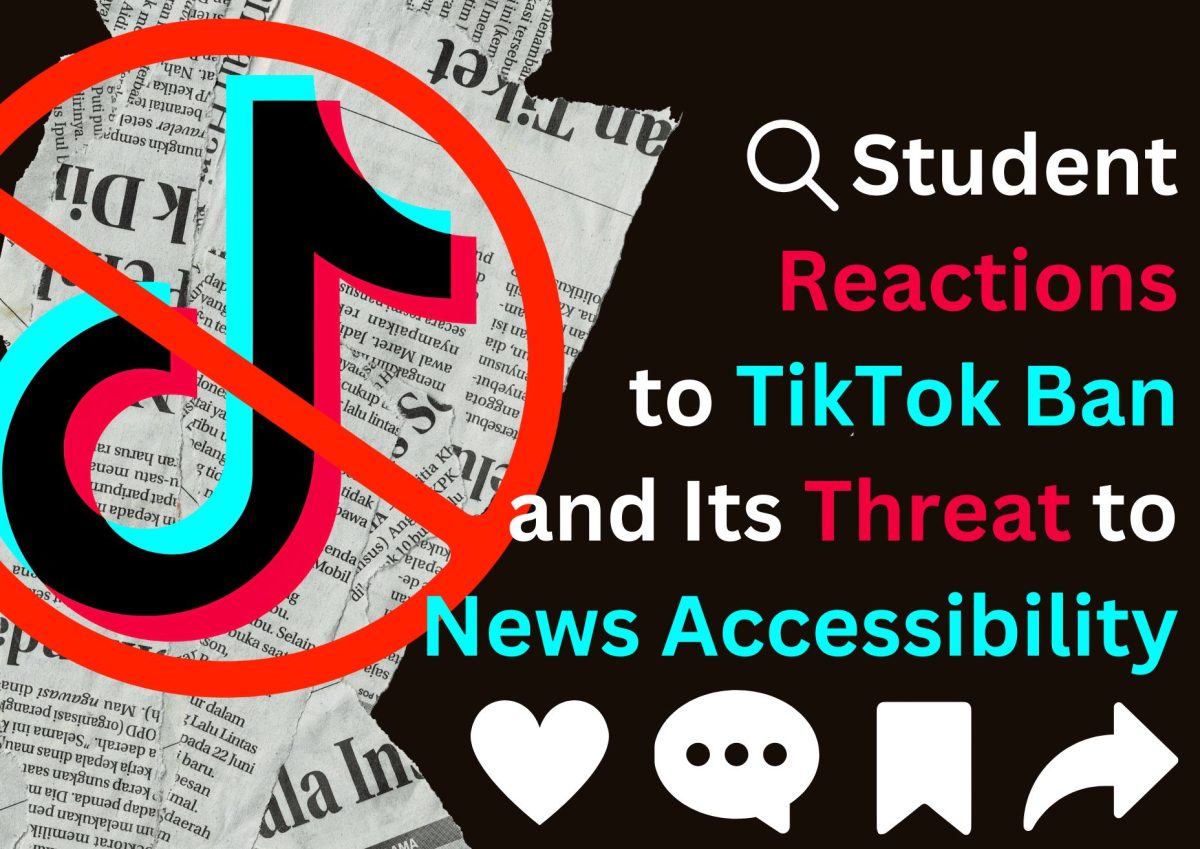


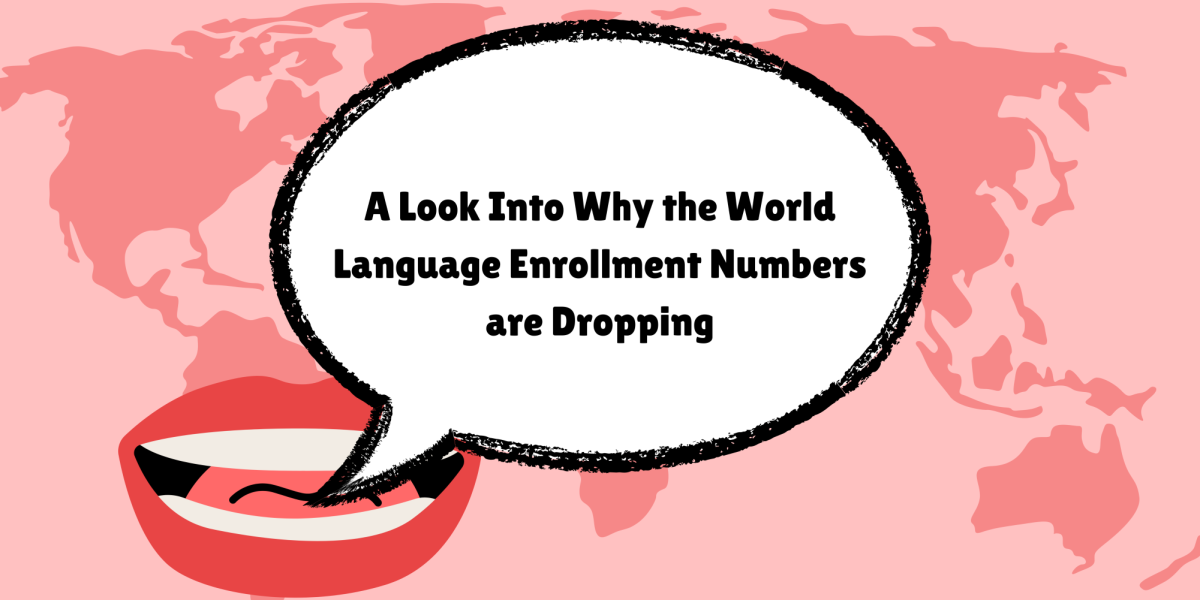

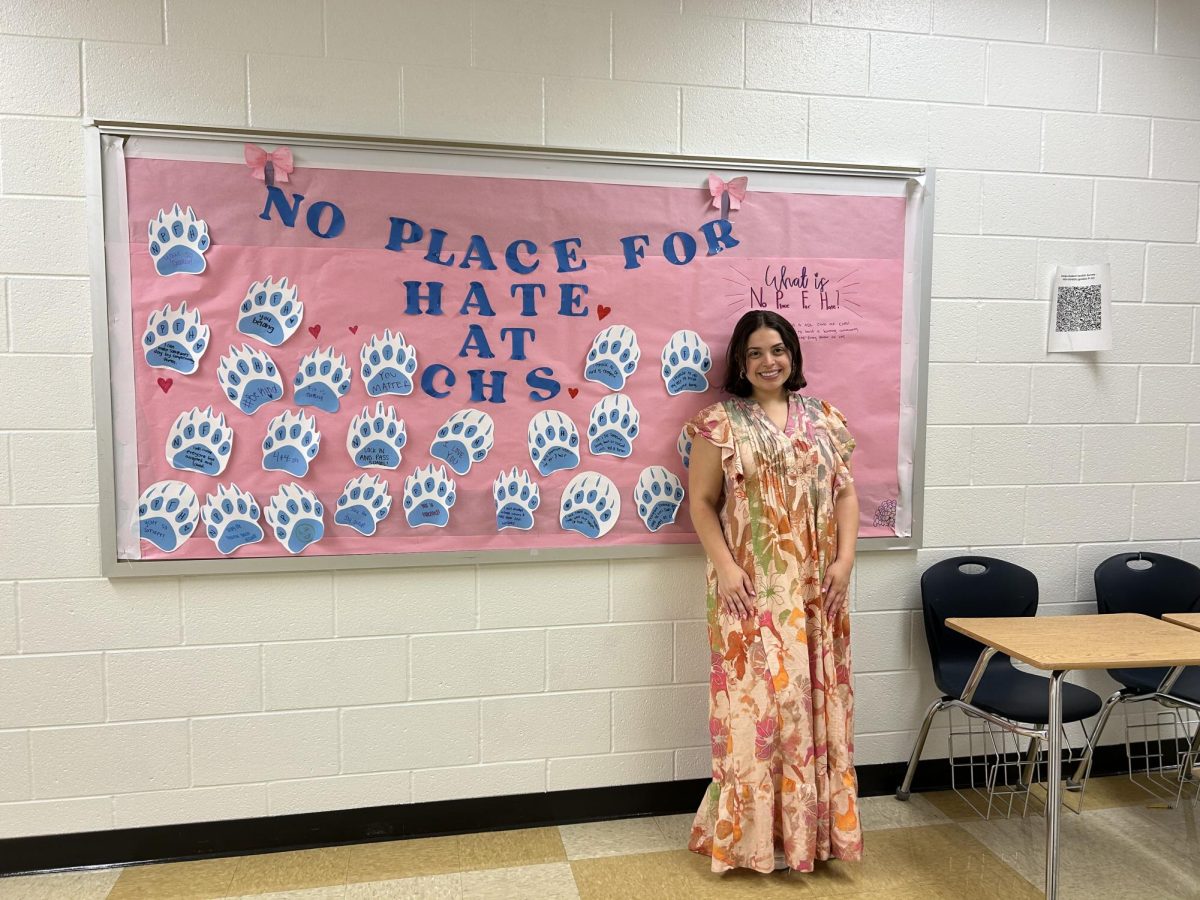


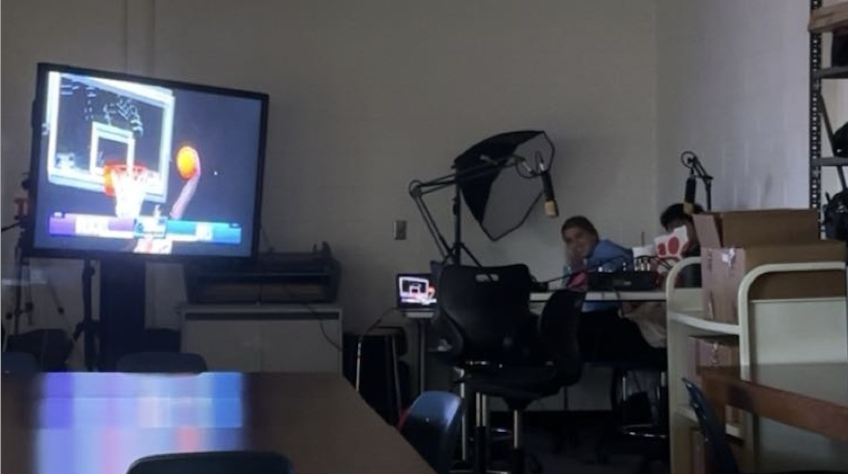
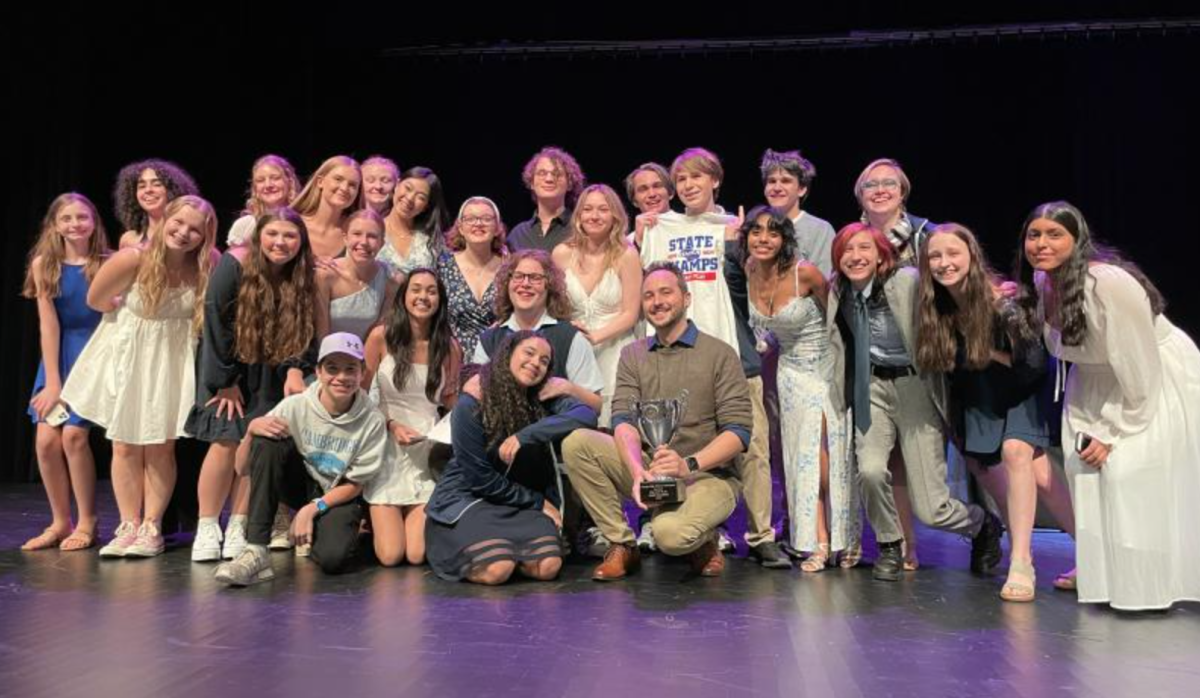




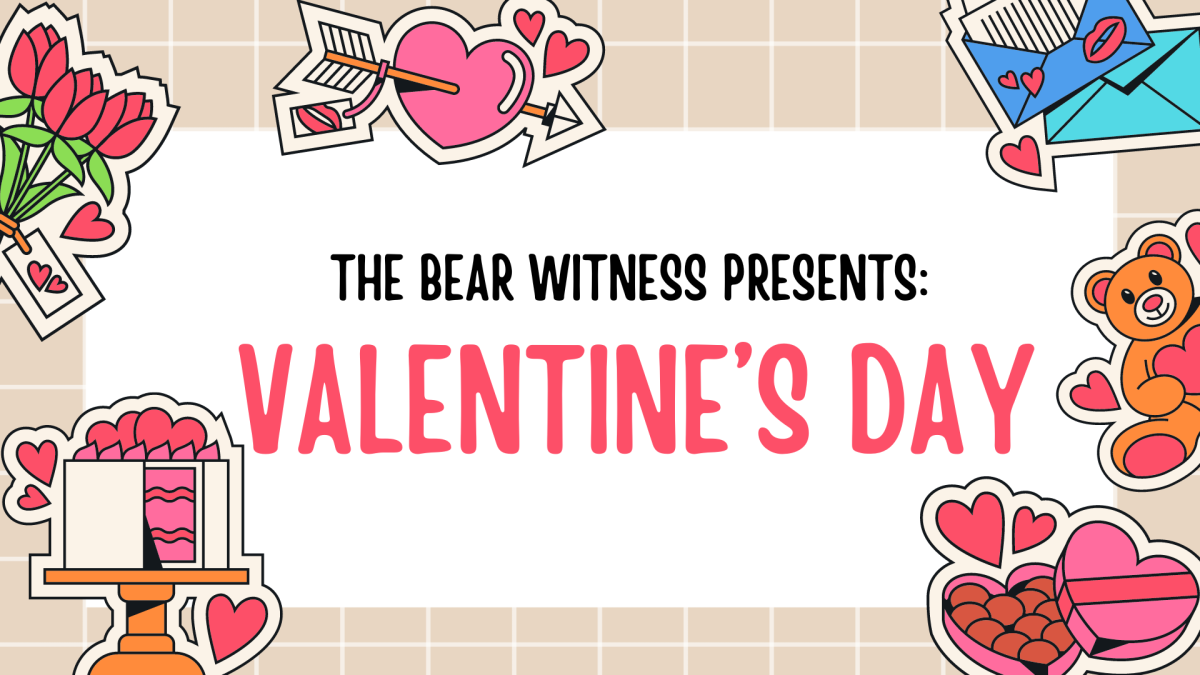
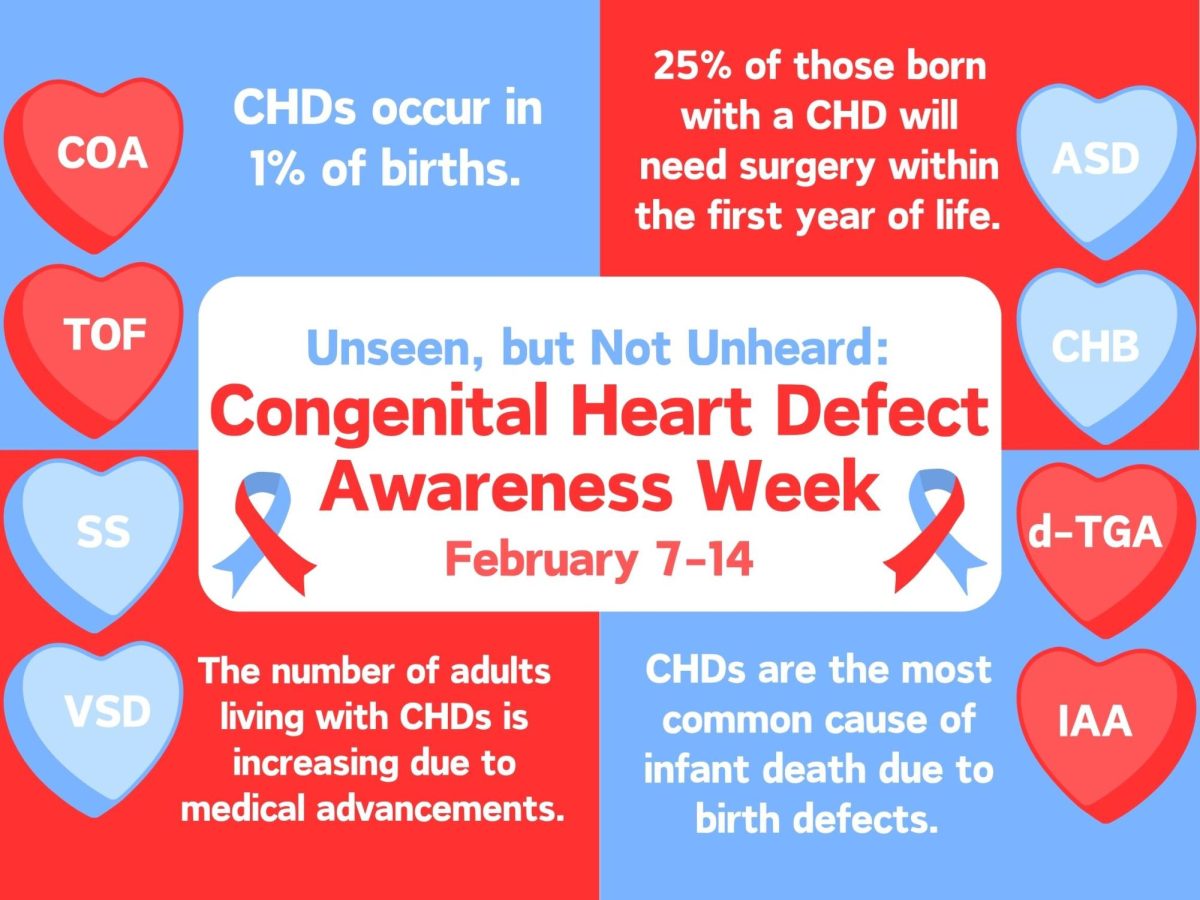
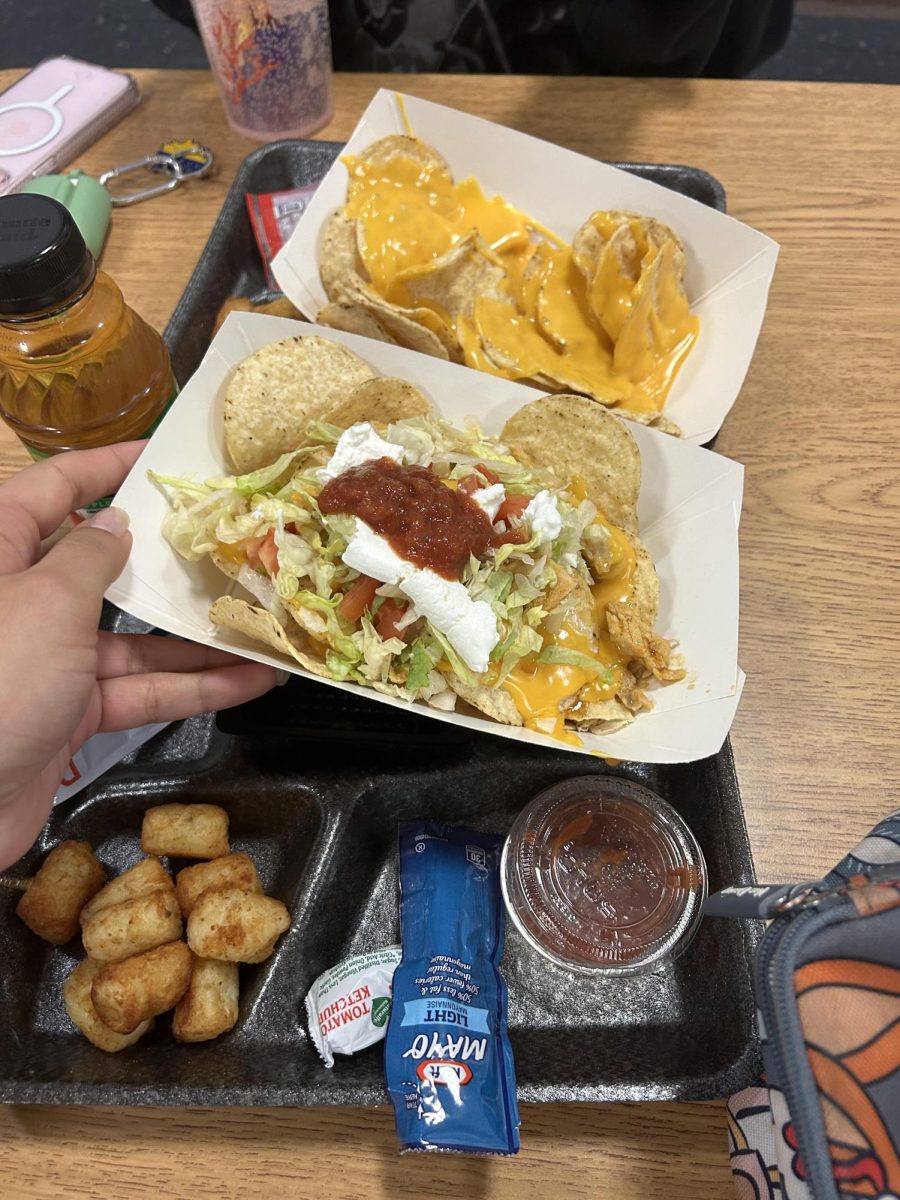

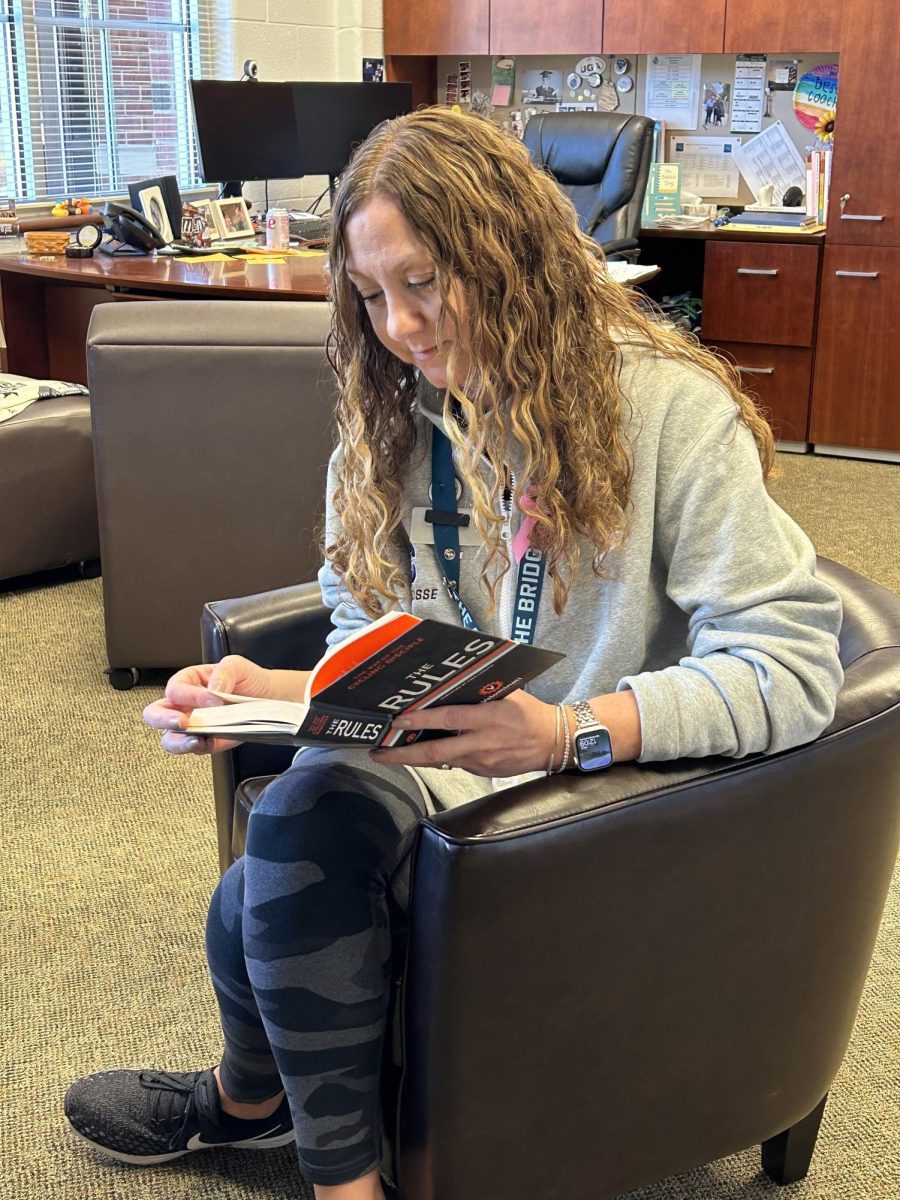
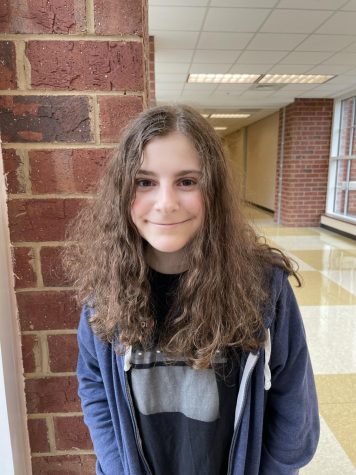
audacious new yorker • May 1, 2024 at 10:44 am
loving that feature lede, ms. anna gorman!
Jake Fuller • Apr 25, 2024 at 1:25 pm
Excellent piece, Anna! Loved the commentary from Fulk!